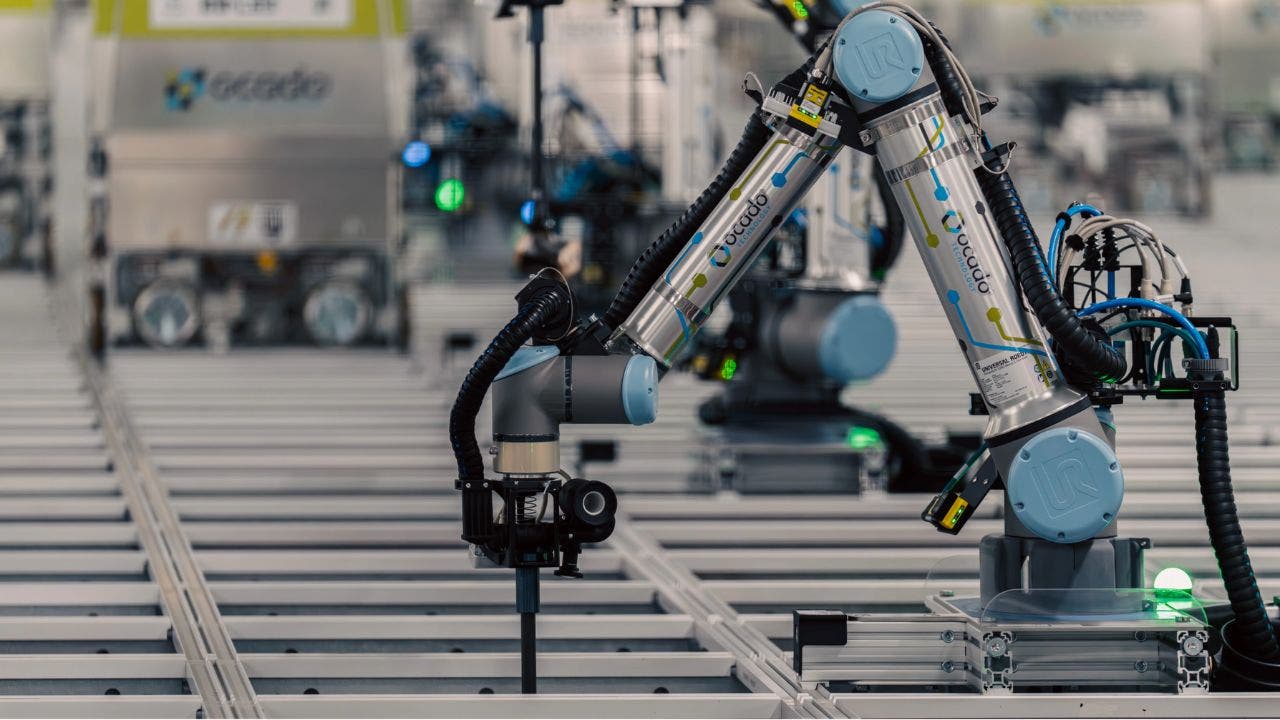Microsoft Celebrates 50 Years with Major Updates to Copilot AI

As Microsoft commemorates its remarkable 50th anniversary, the tech giant is seizing the opportunity to significantly enhance its AI assistant, Copilot, introducing a multitude of innovative features designed to align it more closely with competitors such as ChatGPT and Claude. This revamped Copilot, which harnesses the power of various OpenAI models, now boasts features such as memory, personalization options, web-based actions, podcast creation, camera and screen analysis, deep research capabilities, and much more.
The introduction of the Memory feature stands out as a pivotal enhancement, allowing Copilot to remember user preferences, interests, and important details such as birthdays. This capability enables the AI to provide tailored responses, advice, and even proactive suggestions. Users will have the flexibility to manage what personal information Copilot retains, including the option to completely opt out of the memory function.
Microsoft emphasizes that this move is part of a broader initiative to make Copilot feel more personal to each user. The company has stated that while it is still in the early stages of this endeavor, in the near future, users will have the ability to customize the appearance of Copilot. Among the nostalgic options being considered is the return of the iconic virtual assistant, Clippy.
Mustafa Suleyman, CEO of Microsoft AI, stated, “Copilot is more than an AI; it’s yours.” He elaborated that each user will experience Copilot with its own unique style and attributes designed to fit individual personalities and preferences.
Beyond enhancing personalization, Microsoft is also focusing on boosting the functional capabilities of Copilot. A newly introduced Actions feature will empower the AI to perform various tasks directly through a web browser. This is reminiscent of OpenAI’s Operator agent and Amazon’s recently unveiled Nova Act model. Microsoft envisions that users will be able to utilize Copilot for tasks such as booking show tickets, reserving tables at restaurants, and making purchases. These tasks will be further facilitated by a new shopping functionality that enables Copilot to research products and scout for discounts and sales.
The Copilot Vision feature, initially rolled out in December 2024 for web tools, is set to expand its reach to Windows and mobile applications. On Windows, Copilot will gain the ability to analyze content displayed on the screen across various applications and files, enabling it to answer questions or interact with documents seamlessly. Meanwhile, on mobile devices (both iOS and Android), Copilot will be able to engage with anything visible through the phone’s camera or from the user’s photo gallery.
The introduction of the Deep Research feature will enhance Copilot’s ability to sift through extensive documents or online sources for research-heavy projects. Its analytical capabilities will be integrated with Bing, allowing it to deliver AI-generated responses directly within the search engine. In a novel twist, Copilot will also leverage its research capabilities to create podcast-style audio content to elucidate various topics. Moreover, a new Pages feature will enable users to organize their notes and research across different documents, consolidating information into a cohesive single canvas.
Microsoft has announced that many of these exciting features will begin rolling out starting today in “initial versions,” with ongoing improvements slated for the coming weeks and months. Availability will vary based on feature, platform, and market conditions. While it is important to note that these enhancements are not entirely groundbreaking—ChatGPT introduced memory features last year, and Google Gemini has its own vision mode—Microsoft's simultaneous rollout of multiple features signifies its determination to keep pace with competitors and maximize the value of its investment in OpenAI.
Update, April 4th: Added confirmation that Clippy will be a personalization option for Copilot.











![Introducing Version 2 of the 3D Printed Perpetual Calendar Clock by [shiura]](https://hackaday.com/wp-content/uploads/2025/04/FN9CHN9M9E88YJ9.jpg)














